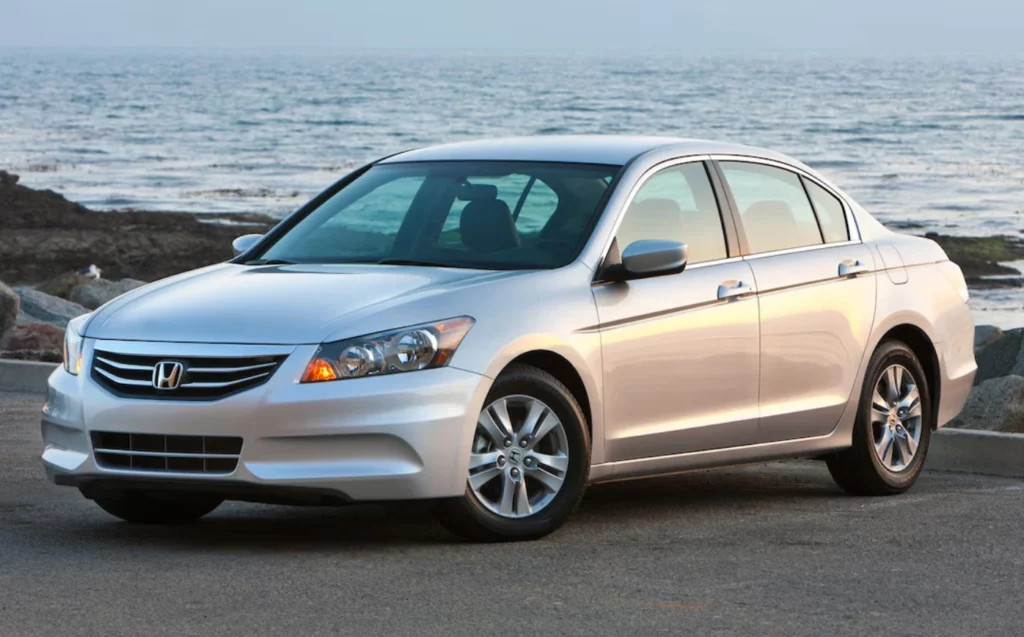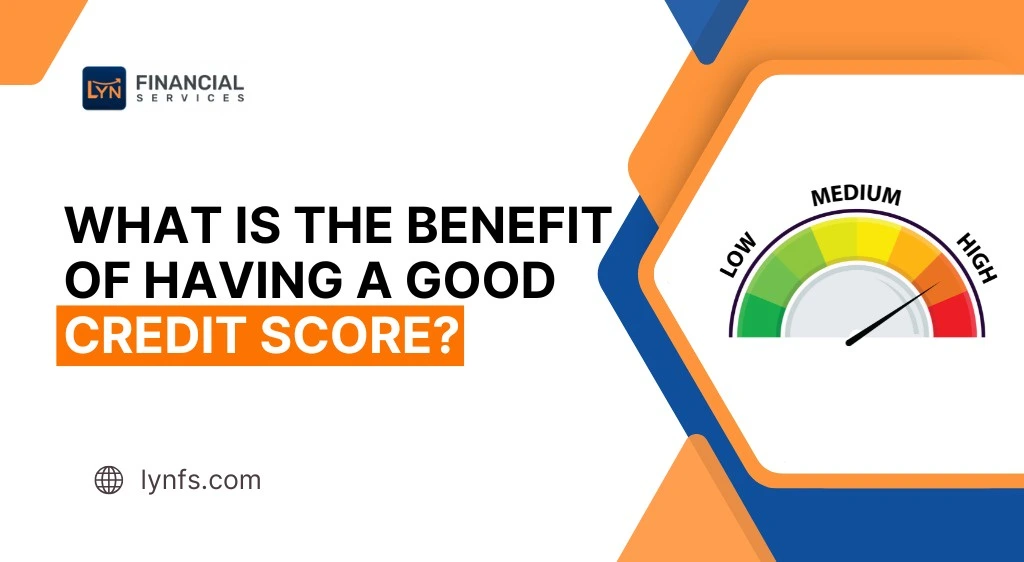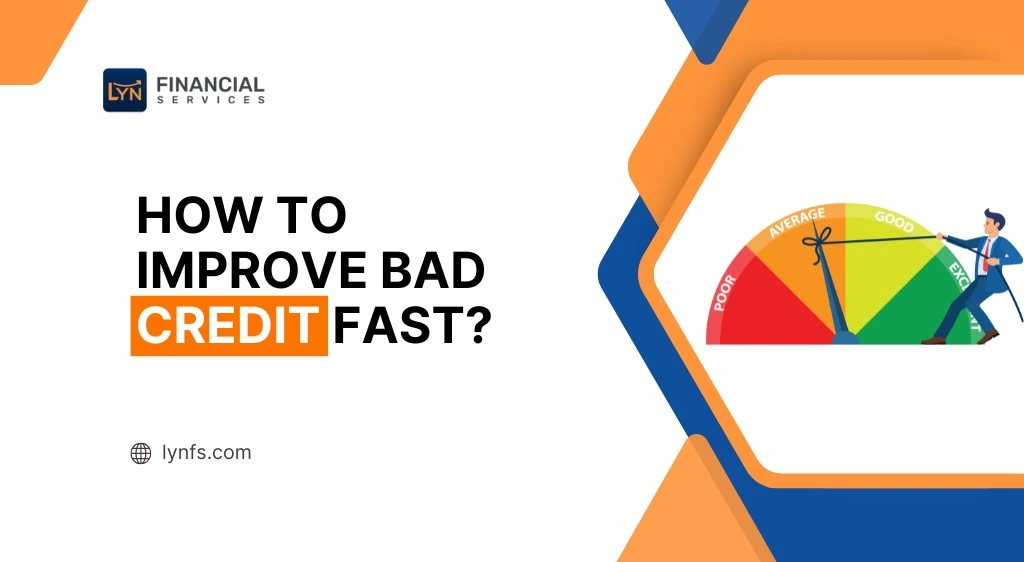Knowing what credit score is needed to buy a car is important for you if you are planning to finance a vehicle. Your credit score plays a key role in determining auto loan approval, interest rates, and overall affordability.
All auto lenders in the US use your credit score to assess your reliability as a borrower. A higher credit score often means better auto loan terms, while a lower score may result in higher interest rates or additional requirements.
No matter if you’re buying your first car or upgrading to a new model, knowing how your credit score impacts the process can help you get your dream car.
This guide will explain the credit score ranges auto lenders consider and provide insights into how you can improve your chances of getting a favorable auto loan.
So, let’s dive into it.
How Your Credit Score Affects Car Loan?
Your credit score has a big impact on your car loan. It directly affects the interest rate you’ll get, which determines how much you’ll pay monthly and over the loan’s full term. In simple terms, the better your credit score, the lower your interest rate—and the less money you’ll spend overall.

For a new-car loan, a credit score of 661 or higher can secure an Annual Percentage Rate (APR) of around 6.7%. For used cars, you’ll have to pay an average rate of about 9.63%. But if your credit score is in the mid-500s, you might face an APR as high as 18.95% or more, especially on used cars. That’s a huge difference.
Also, this doesn’t stop at the auto loan. In most states in the US, having a bad credit score means higher car insurance premiums too, making it expensive for you to keep a car.
Also Read: Who Can Help Me Fix My Credit Score
What Credit Score is Needed to Buy a Car?
There isn’t a single credit score that guarantees approval for a car loan. Different lenders in the US have different requirements, but most car finance lenders require to have a credit score of 661 or higher. This range is considered “prime” or better, making it easier to secure favorable auto loan terms.

If your credit score is between 501 and 600, you still have a chance of getting approved for a car loan. In fact, over 12% of financed cars are purchased by borrowers within this range.
However, those with credit scores below 500 account for less than 2% of financed car purchases, indicating the challenges of securing financing with very low credit.
A lower credit score does not automatically disqualify you from getting a car loan. However, it typically results in higher interest rates, which can increase your monthly payment significantly.
Tips for Improving Your Credit Score Before Buying a Car
1- Dispute Errors on Your Credit Report
Errors on your credit report can unfairly lower your credit score. Start by requesting a free credit report from Experian, TransUnion, or Equifax. Check for inaccuracies like incorrect late payment records. If you spot errors, file a dispute with the credit bureau to correct them. Once verified, these corrections will help in improving your credit score.
2- Pay Bills on Time
Your payment history has a big impact on your credit score, accounting for 35% of it. Avoid late payments, as even a 30-day delay can harm your score. If you have past-due accounts, bring them current as soon as possible. Consistently paying on time will gradually improve your credit score.
3- Lower Credit Card Balances

High credit card balances can hurt your credit score, especially if your credit utilization exceeds 30%. Try to pay down your balances to reduce this percentage. Managing your debt responsibly signals to lenders that you’re financially reliable and can help improve your credit score over time.
4- Avoid Applying for New Credit
Every new credit application results in a hard inquiry, which can slightly lower your credit score. Too many inquiries in a short period may negatively impact your score further. To minimize the effect, avoid applying for new credit before buying a car and keep any credit inquiries within a two-week period to limit damage.
How Can I Get a Car with a Bad Credit Score?
1- Offer a Larger Down Payment

A significant down payment can make a big difference when buying a car with bad credit. It reduces the amount you need to borrow, which can lead to lower monthly payments. Additionally, it may convince lenders to offer you a better interest rate. A bigger upfront payment shows your commitment and makes you less of a risk in the eyes of lenders.
2- Showcase Your Financial Stability
Lenders want to know that you can handle the responsibility of a car loan, even if your credit score is low. Provide proof of financial stability, such as recent pay stubs or bank statements, to demonstrate your ability to make regular payments. Documents like proof of your address and employment history also help show that you are reliable and consistent.
3- Choose a More Affordable Car

If your credit score is low, it’s wise to set realistic expectations about the type of car you can afford. Opting for a less expensive vehicle can help you keep your loan amount smaller, which reduces the risk for lenders. Plus, a smaller loan may come with more manageable payments and improve your chances of auto loan approval.
Frequently Asked Questions (FAQs)
Can you get a car with a 500 credit score?
Yes, you can get a car on loan with a 500 credit score but you should know that the interest rate will be higher. Moreover, you need to pay a large down payment with shorter loan terms.
Will a car loan increase my credit score?
Yes, a car loan can help in increasing your credit score if you are making payments on time and not defaulting.
How fast will a car loan raise my credit score?
There is no particular metric to calculate how much and how fast your credit score will improve with a car loan. However, as we mentioned earlier, if you are timely making payments your credit score will likely increase.






